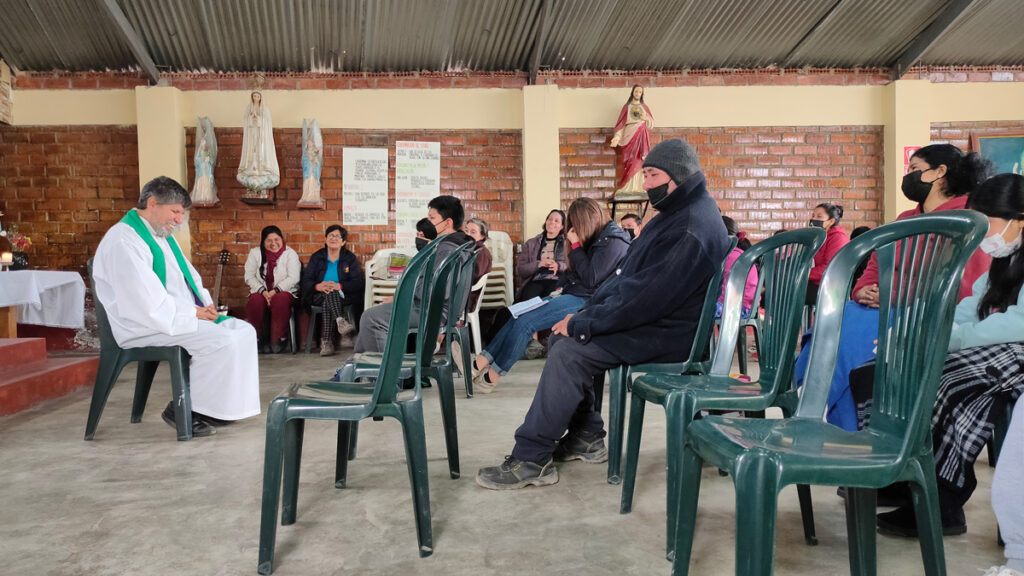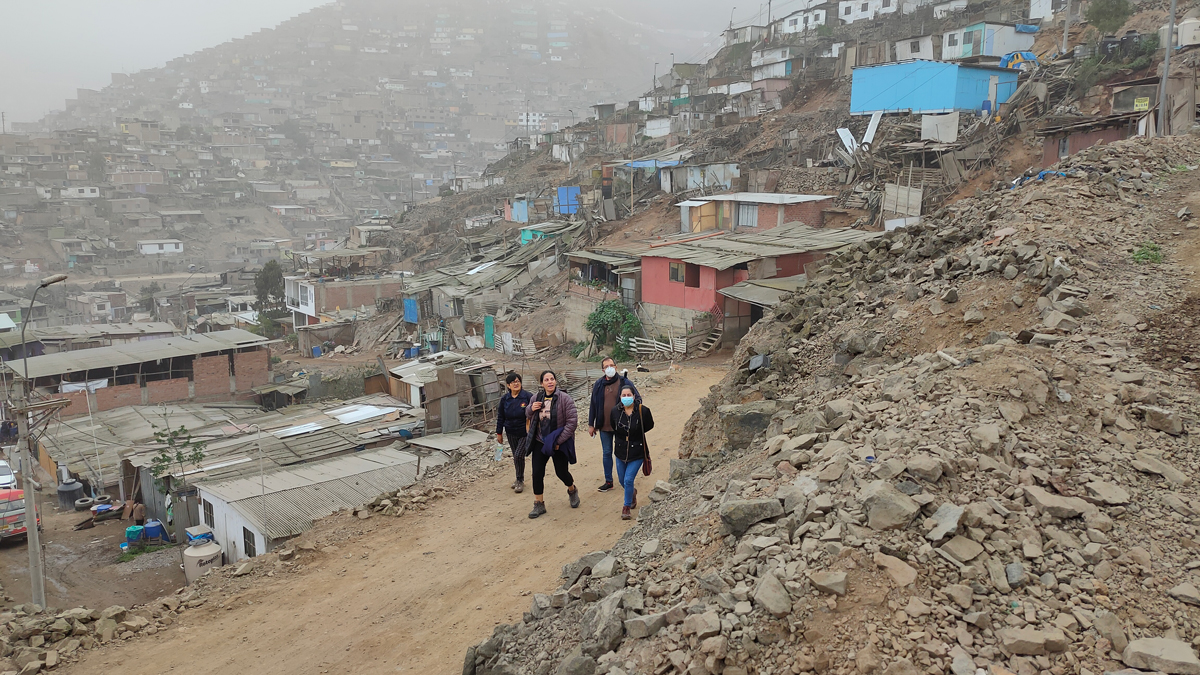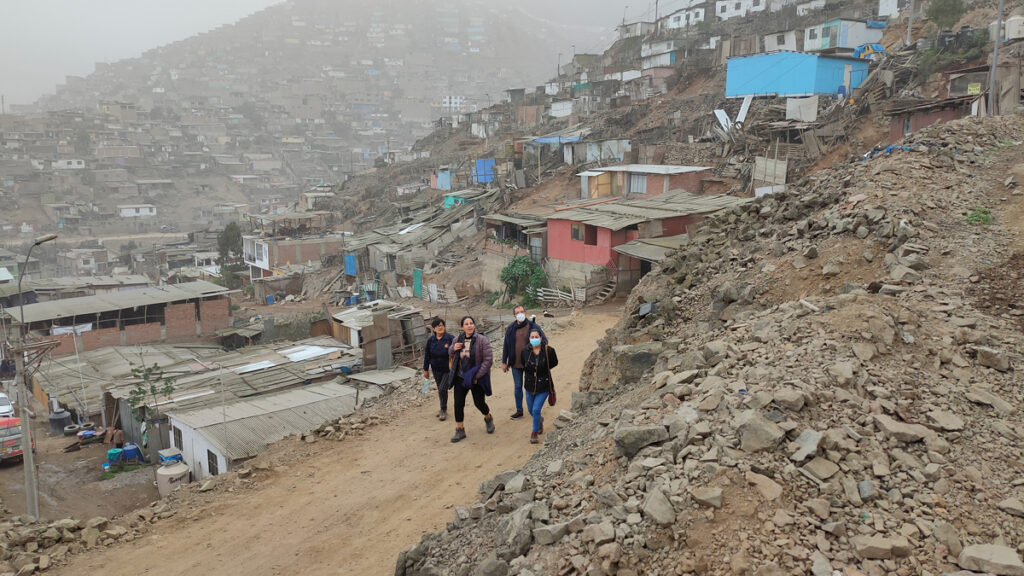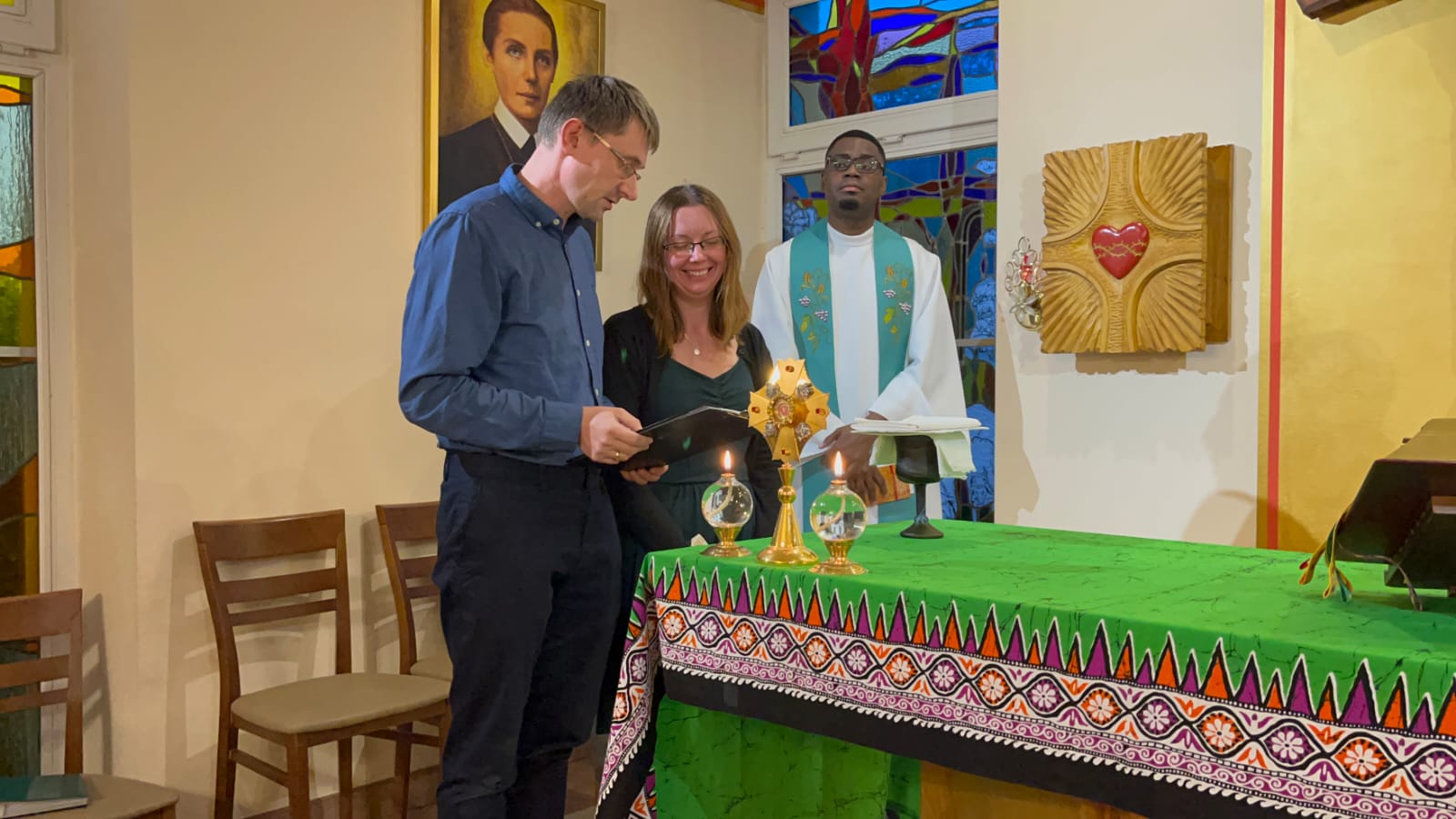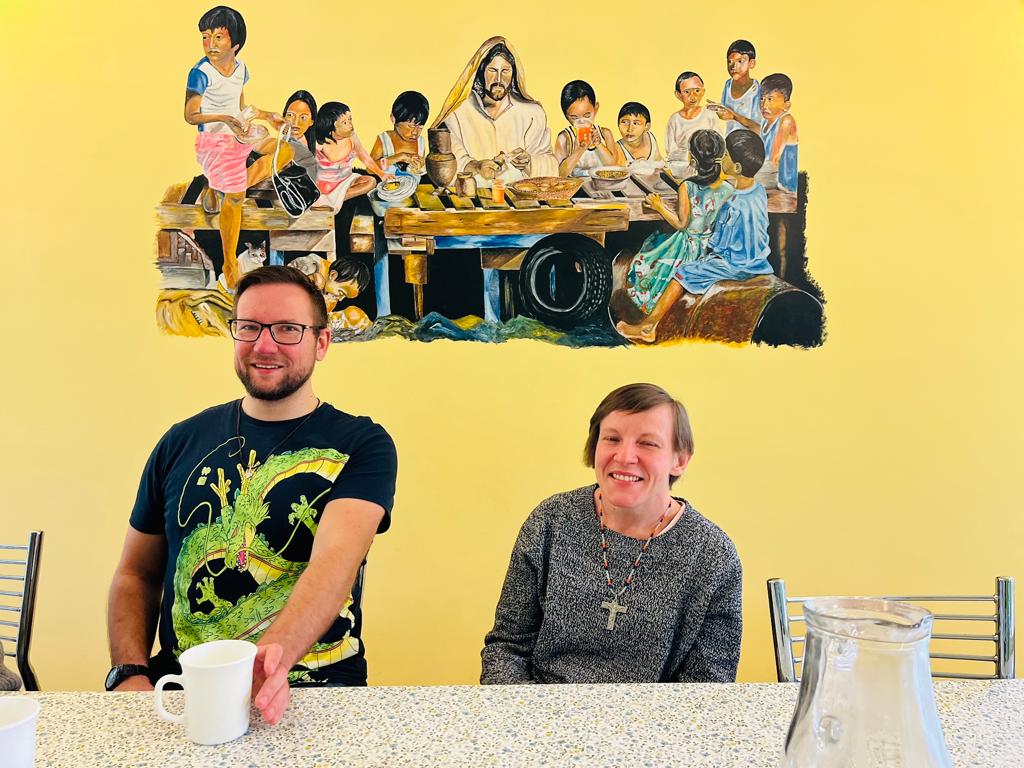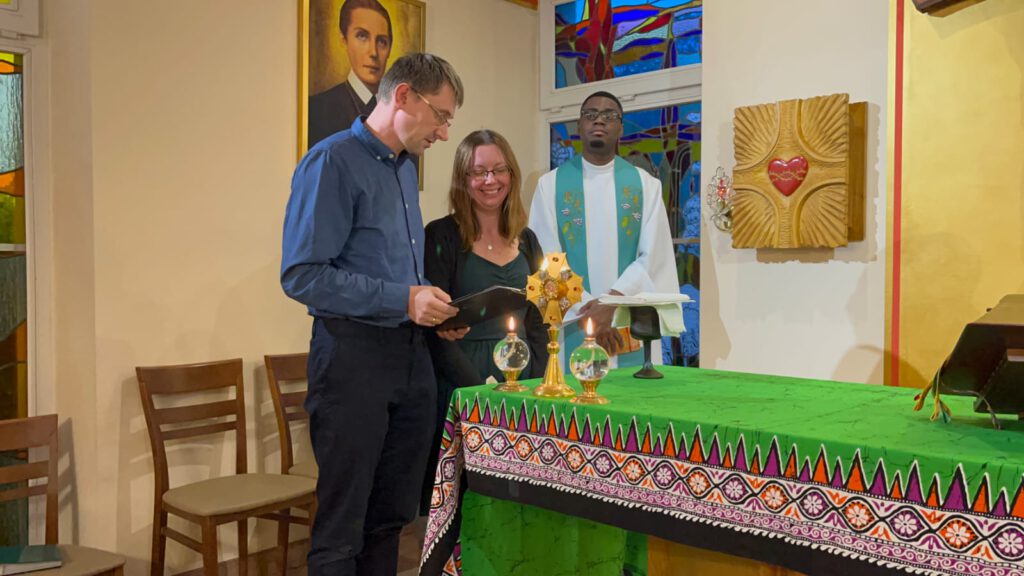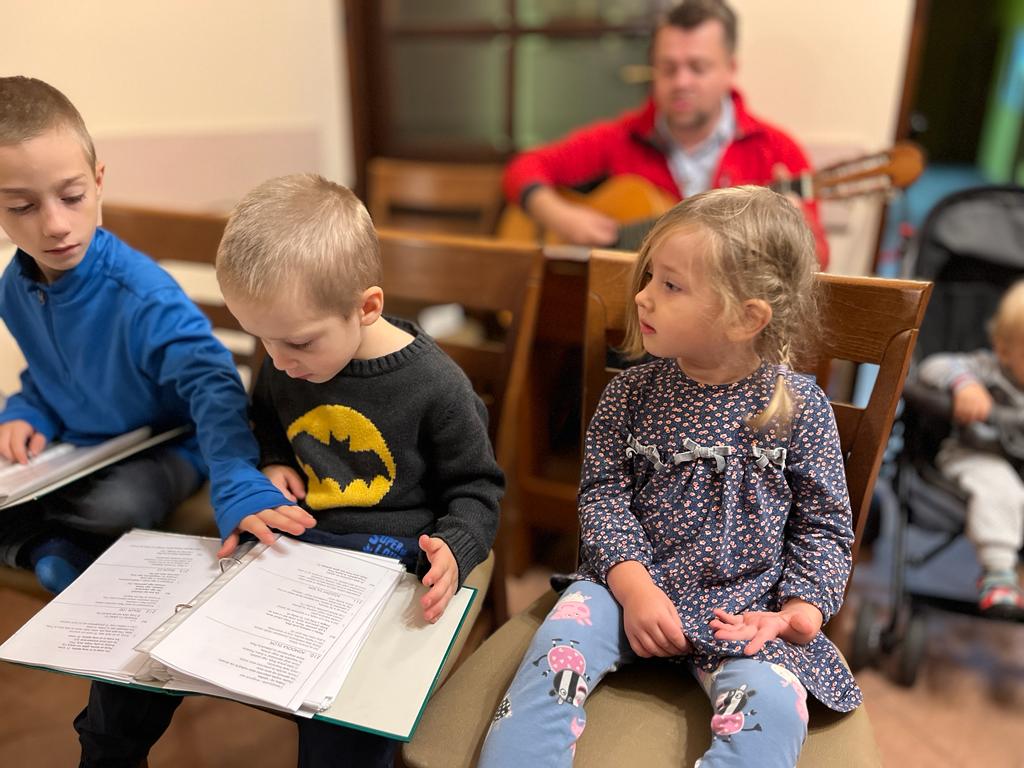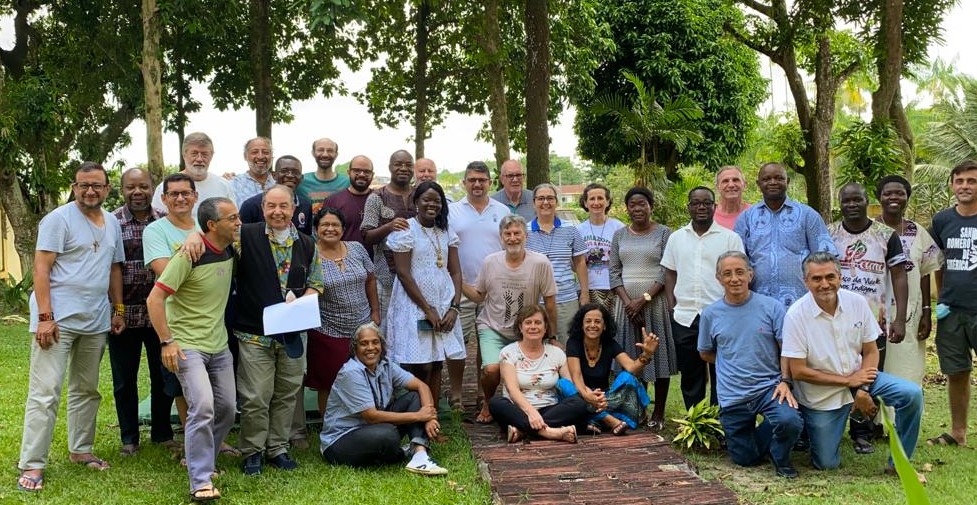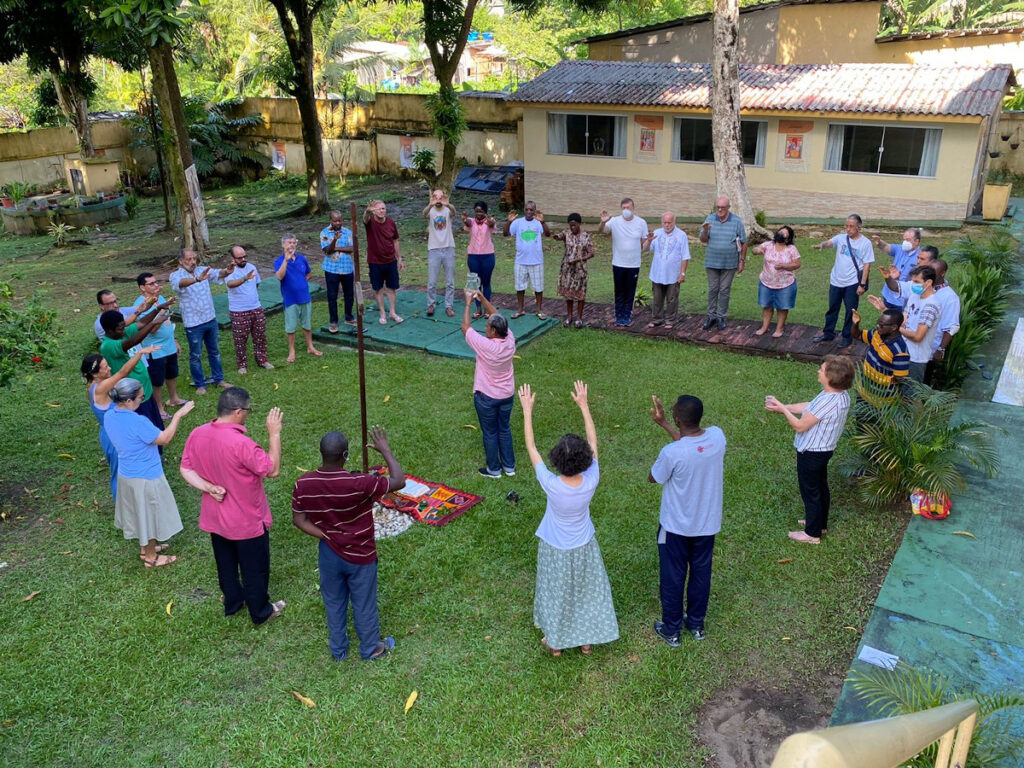“I am the vine, you are the branches. Whoever remains in me and I in him bears much fruit” (Jn 15,5).
“Have courage; have courage in this difficult hour, and even more for the future.
Do not desist, never give up. Face without fear whatever storm comes.
Do not be afraid. I die but my work will not die”
(The last words of St Daniel Comboni pronounced shortly before dying on 10 October 1881)
Dear Confreres,
Happy Feast Day of our Father and Founder Saint Daniel Comboni! Fraternal greetings to you all, wherever you may be, for the celebration of this feast which is always a fount of grace, of blessing and also an opportunity to return to the source of our existential consecration according to the Comboni charism.
On 10 October 1881, like “the grain of wheat fallen on the ground …”, our Founder Father died in the land of the Sudan, but that “good seed” has sprouted and even today continues to bear much fruit! On this recurrence of his and our feast day, we cannot fail to remember the words of Father Francesco Oliboni, on 26 March 1858: “But you must not be despondent, do not turn aside from your goal, continue the work you have begun; and, even if only one of you should remain, let him never give up hope or withdraw”. These words, as we well know, have brought courage to a whole generation of missionaries to Africa, among them Comboni; and these are the same words that inspired the plea our Father and Founder made to his missionaries shortly before his death: he asks us “to be faithful to the mission”. It is this special grace of fidelity to the mission that we wish today to ask of God and of Mary, the Mother of Nigrizia.
The context of the feast of Comboni this year 2022 brings with it much grace and blessing. First of all, almost three months after the celebration of the XIX General Chapter of our Institute, today, we have officially published the Acts of the Chapter. On November 20, exactly in forty days, the beatification of Fr. Giuseppe Ambrosoli will take place in Kalongo (Uganda). Finally, in this moment of grace, the Comboni Missionaries are celebrating their General Chapter in Verona, enlivened by the sacrifice of Sr. Maria De Coppi, killed in Mozambique on 6 September. All these anniversaries are, for us, occasions of grace and growth that contribute abundantly to giving taste and the odour of holiness to the feast of St. Daniel Comboni. At the same time, they become an occasion of recollection and intense prayer to renew our Comboni identity, to build an ever more intimate relationship with our Father and Founder and with the entire mission of the Church.
The example of life of our Founding Father continually challenges us to go beyond our limits and fragility and to embrace “holiness” as a gift of God that is transformed into a way of life. Today, Comboni wants to speak to the heart of each of us with the same words with which he challenged, instructed and encouraged his missionary men and women and the laity, sometimes using sweet expressions, at other times harsh, but always with the words of a father who loves his children. Let us therefore refine our capacity to listen and open our hearts and minds to accept his words as a father so that our relationship with him may become ever deeper, more stimulating and fruitful.
On this feast day, let us dedicate some of our time to contemplate and meditate on his example of life, on his choices, on his determination; let us humbly ask for his intercession so that we too may continue to be faithful to our vocation as consecrated persons and missionaries at the service of the People of God. Let us keep our gaze always fixed on the Heart of Christ and love him tenderly so that he may continue to be the only source of our life and the driving force of our mission. Certain that without a radical return to Christ and to the charism of Comboni, our mission will not bear fruit.
Let us make our own the desire of St. Daniel Comboni that our communities may become small cenacles of apostles where brothers and sisters can meet together to celebrate, reflect and pray, in a synodal spirit, involving, where possible, the laity with whom we work in the missions and in the local Church.
Let us also ask for the intercession of St. Daniel Comboni in the process of discernment regarding the choice of circumscription superiors and their respective councils, so that God may give us holy and capable superiors, in love with the Comboni mission and the Institute, to animate and accompany the confreres and to promote and coordinate the activities/priorities of the circumscription, also bearing in mind the orientations of the XIX General Chapter.
May Mary, Mother of the Church, intercede for us.
We wish all of you a Happy Comboni Feast Day.
The MCCJ General Council
